*Areas of Zoology and the Careers
in them*
Animal Husbandry- The managing
of animal welfare and breeding.
Animal Trainer- Training animals
to do different tasks.
Apiculture- The study of the
social structure and breeding of bees.
Aquatic Biology-The study of
animals and plants living in the water.
Ecology- The study
of numbers and interaction between organisms.
Entomology-
Entomologists are often referred to as the bug people.
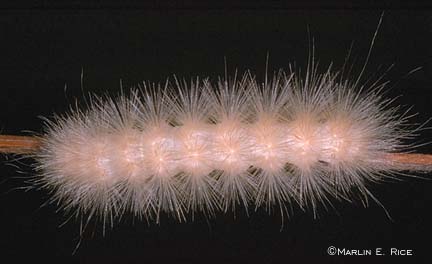
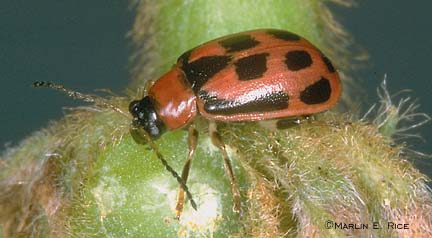
*images used with permission by Marlin Rice
They study insects and other arthropods. Entomologists can be
found working in such areas as beekeeping, insect diseases,
effectsof pesticides on birds, mammals, and insects,
classification of insects,and teaching. They can also be found in
research like ecology, behavior, physiology, and morphology.
Starting Salaries
Baccalaureate Degree holders
16,000-25,000
Master's Degree holders
16,000-29,000
Doctoral Grads holders
32,000-36,000
Ethology-This branch of zoology
deals with the behavior of animals in their natural or wild
state. Ethologists studies animals instinctive or inborn
behaviors like courtship, mating, and the care or their young.
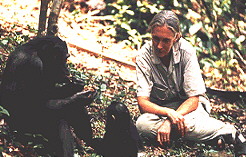
Occupations in the branch of
zoology include:
Field Researcher
Animal Trainer
Mammologist
Herpetology- The study of
anatomy, physiology, biochemistry, behavior, and evolution of
amphibians and reptiles.
Ichthyology- Ichthyology is the
specific study of fishes. Ichthyologists study structure,
classification, behavior, development and distribution,
relationship between fishes, and environment of fishes.
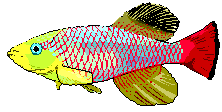

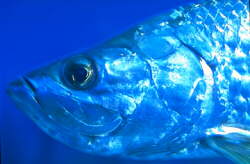
*Images used with permission from Odyssey
Expeditions. Photographer: Jason Buchheim
Careers can include:
Fishery Managers
Marine Biologists
Ornithology- The study of birds.
Marine Biology- The study of
living things found in saltwater.
Veterinary Medicine- It deals
with the health and disease of animals.
Zoologists- Zoologists study
animals, including humans. Since zoology is such a broad topic
most zoologists narrow it down to one area of study. They can
study animal behavior, genetics, ecology, any other areas you see
on this page, and many others. Since zoologists study animals
there are a variety of exciting choices of where they can work.
Many people choose to work in laboratories, others work at
research centers, zoos, museums, and some do field studies
outdoors.
Works Cited
http://www.ceismc.gatech.edu/zooary/zoo/career.html
http://www.bio.uts.edu.au/amsa/zoology.html
http://juliet.stfx.ca/~biology/careers/zoology.html
http://www.qoo.utoronto.ca/secondary.html
http://ww.cas.psu.edu/docs/CASHOME/AGCAREERS/ENTOMOLOGY.HTML
http://www.worksite.actu.asn.au/jobunion/jobs/zoologi_.htm
The World's Book Encyclopedia/Volumes E, A, I,
and Z copyright 1991







